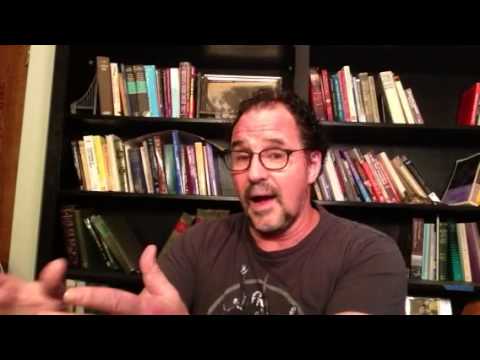We run our website the way we wished the whole internet worked: we provide high quality original content with no ads. We are funded solely by your direct support. Please consider supporting this project.

Are we called to suffering?
What does it mean when we say we’re called to suffering? Does it mean that we should allow ourselves to be victimized or that God approves when we are abused? Here are Greg’s thoughts on this topic.
Category: Q&A
Tags: Abuse, Kingdom Living, Love, Sacrifice, Suffering
Topics: Following Jesus
Related Reading

World Wants
Trey Ratcliff via Compfight Here’s a reflection by D.L. Mayfield from A Deeper Church on how busyness and distraction keeps us from the things that really matter, the things we’re made for. What is God calling you to pour yourself into and what is getting in the way? From the blog: It’s true: world wants…

Is America God’s Favored Nation?
Bart via Compfight Is money a sign of God’s blessing? If so then the more you have the more blessed of God you are. If a church has more money, then more of God’s favor is on it. If a country is wealthy, then we can claim God’s favored status. But is this the way…

Commissioned
Here’s something to inspire you on this Sunday morning. Image by Megan Allen. Sourced via Flickr.

True Life Now
Whether we want to admit it or not, experience teaches us that life is a perpetual, relentless process of decay, one that we know inevitably leads toward death. And this fills many of us with a certain amount of angst. Some try to relieve their dread by immersing themselves in mind-numbing entertainment or chemical substances.…

Everybody’s Got a Prequel
My wife and I, along with some friends, recently attended the Broadway Play Wicked. Without giving too much away, I’ll tell you the play attempts to answer the question: What could have possibly made the “Wicked Witch of the West” so [apparently] evil (as presented in the original Wizard of Oz)? After all, normal young…

On Suffering and God’s Goodness
Hani Amir via Compfight Seth Haines wrote a guest post on Tanya Marlow’s blog called The Overcoming Kingdom. He reflects on his young son’s illness and the questions it provoked in him, and the hope he came to in the process. Real suffering challenges our easy answers and drives us to Jesus in a way that…
